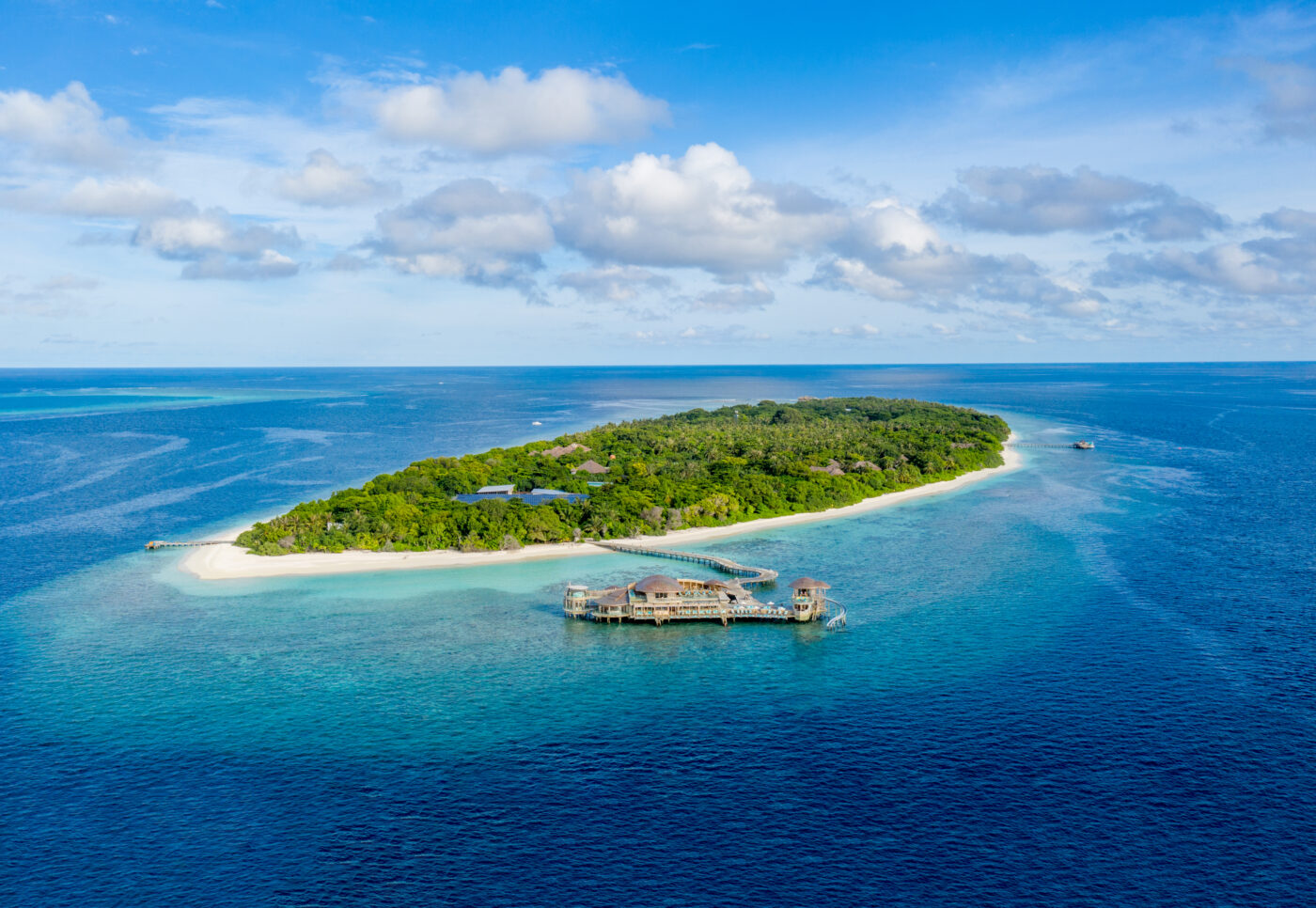According to the United Nations, we are living through a “triple planetary emergency”.1 Climate change is warming up the planet, whilst air, land and water are becoming increasingly polluted, and biodiversity is rapidly being lost. The bad news is that as humans we have produced this emergency. But the good news is that we also have the potential (and increasingly the technology) to reverse it.
Today marks the 48th annual World Environment Day, a day recognised by the United Nations Environment Programme (UNEP), calling for awareness and action to protect the environment. This year’s theme is #OnlyOneEarth, drawing attention to the urgent need to “protect and restore our planet” through global and collaborative action.2
The environmental impact of hospitality
A key message of the #OnlyOneEarth campaign is that everyone needs to play their part. From individuals, to local and national governments, to businesses and corporations; we all need to be embedding environmental sustainability into our decision-making and our actions. Hospitality is no exception.
- The hospitality industry contributes roughly 1% of global carbon emissions.3 It needs to reduce its emissions by 66% by 2030, and 90% by 2050 (versus 2010 levels) to ensure that the growth forecast for the industry does not lead to a corresponding increase in carbon emissions.4 The industry will need to go even further to help limit warming to 1.5oC and avoid the very worst impacts of climate change.5
- Single-use plastics make up roughly half of annual plastic production. Whilst the industry is taking action to eliminate single-use plastics from their operations, they remain prevalent in many hotels. It is estimated that by 2050 there will be more plastic in the ocean than fish.6
- Water is a fundamental resource in many hotel operations, such as heating and cooling, F&B, irrigation, spas and pools, and in guest rooms. In some locations, the average hotel guest uses eight times more water than the local community.7
- Nearly one third of the world’s species are currently threatened with extinction.8 This is a big problem for hospitality, which relies on the natural world to attract guests. The industry impacts biodiversity both directly (e.g. through land and resource use and pollution) and indirectly (e.g. through generating greenhouse gases, and actions in the supply chain).
As an industry which depends on the natural world, there is a growing case for hotels to reduce their negative impacts and become a part of the solution.
What can your hotel do?
Our vision at the Sustainable Hospitality Alliance is responsible hospitality for a better world. We strive towards this by convening the industry, creating a dialogue with other stakeholders, and developing free tools and resources which any hotel can use. To mark World Environment Day, we wanted to highlight a few of our key resources which can help your hotel on its environmental sustainability journey:
Developing a strategy
The Pathway to Net Positive Hospitality is a comprehensive framework to enable every hotel to reach net positive impacts, regardless of their starting point. With four stages of increasing ambition and scope, the Pathway addresses the key environmental areas of climate, water, waste and biodiversity. It sets out clear actions which different stakeholders must take and highlights useful tools and resources which can be used along the way.
Watch an introductory webinar, and hear from hospitality leaders on why sustainability is so important.
Creating a business case
The Business Case for Sustainable Hotels sets out the argument for hotels to embrace sustainability and invest in sustainable programmes and initiatives.
Focusing on the financial perspective, the report demonstrates how different sustainability investments pay off in the long run. With tangible recommendations tailored for investors, owners and developers, operators, and franchisees, it is also filled with case studies to offer inspiration and showcase best practices.
Measuring and benchmarking
Hotel Carbon Measurement Initiative (HCMI) is the commonly agreed methodology for measuring a property’s carbon emissions for hotel stays and meetings. The free resource consists of a written methodology, and an easy-to-use excel tool which does all the calculations for you. First developed in 2012, over 25,000 hotels across the world are using HCMI to monitor and benchmark their carbon footprint. Watch an introductory webinar.
Similar to HCMI, Hotel Water Measurement Initiative (HWMI) is a methodology and tool to measure the water consumption in a hotel property. As with HCMI, the handy excel tool does all the calculations for you. It is used by over 18,000 hotels globally.
HCMI and HWMI calculations are also used in the Cornell Hotel Sustainability Benchmarking index (CHSB), a global data collection and benchmarking initiative with data from over 20,000 hotels. The benchmarking data is publicly accessible and can be used to compare your performance to other hotels of a similar type and location.
You can learn more about why you should understand your environmental performance in this factsheet.
Learning about different topics
Finally, if you’re looking a quick read, we have a range of factsheets which offer an introductory overview to a specific topic, and explore its relevance to the industry. Topics include certifications, responsible resourcing, single-use plastics, food waste and biodiversity.



